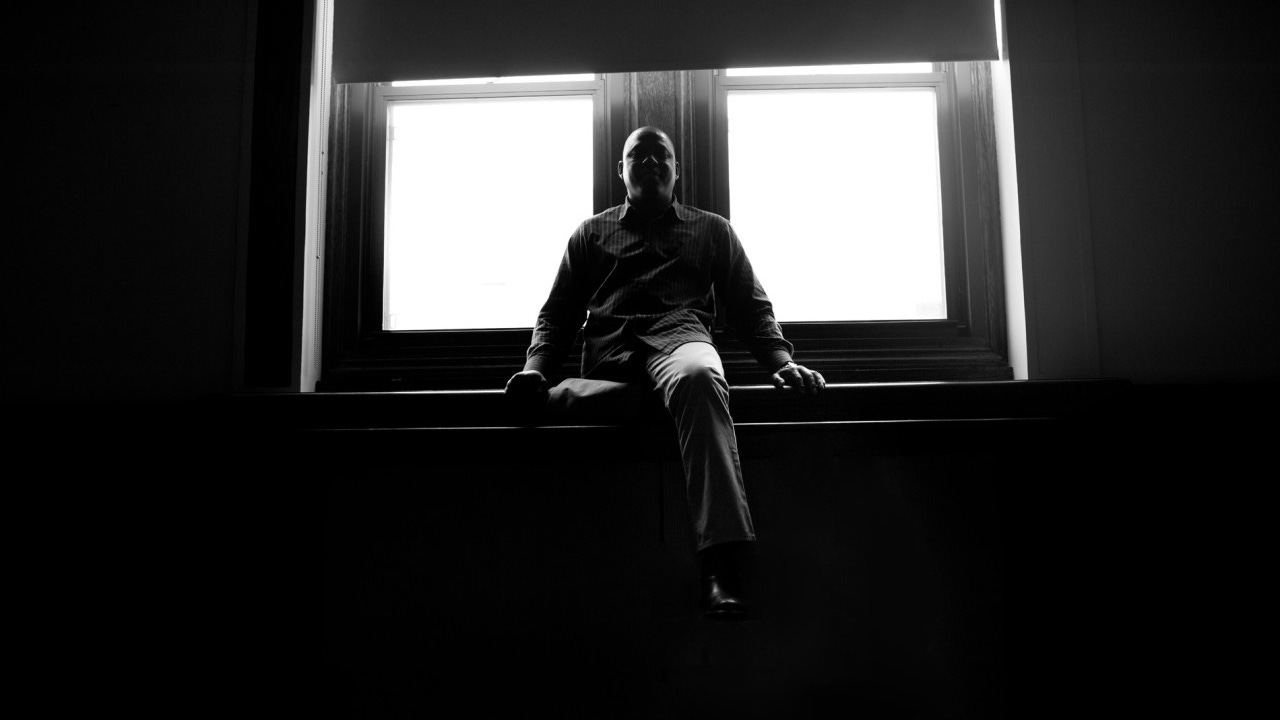The Last Refuge
Survivors of torture from across the globe rebuild their lives in the heart of Manhattan, with the help of unusually close doctor-patient relations.
I walk in at seven o’clock on the dot, expecting to be one of the first to arrive at the benefit concert for the NYU/Bellevue Program for Survivors of Torture (or PSOT). To my surprise, as I step into the third-floor event space of an otherwise nondescript Times Square sports bar, I find there’s already quite a crowd.
The director of the organization, Dr. Allen Keller, is working the room, jovially schmoozing with a pair of older women in one corner. A few twenty-somethings are chatting and sipping beers at the bar. And in the middle of the room, a regal West African woman is holding court in a shocking pink evening gown, surrounded by a small group of supporters, all PSOT clients and survivors of torture.
People are speaking English, French, Mandarin, and languages I can’t identify. They hug in greeting, exchanging easy, enthusiastic handshakes and kisses on the cheek. Torture survivors and refugees are mingling easily with their soc…
Keep reading with a 7-day free trial
Subscribe to Narratively to keep reading this post and get 7 days of free access to the full post archives.




